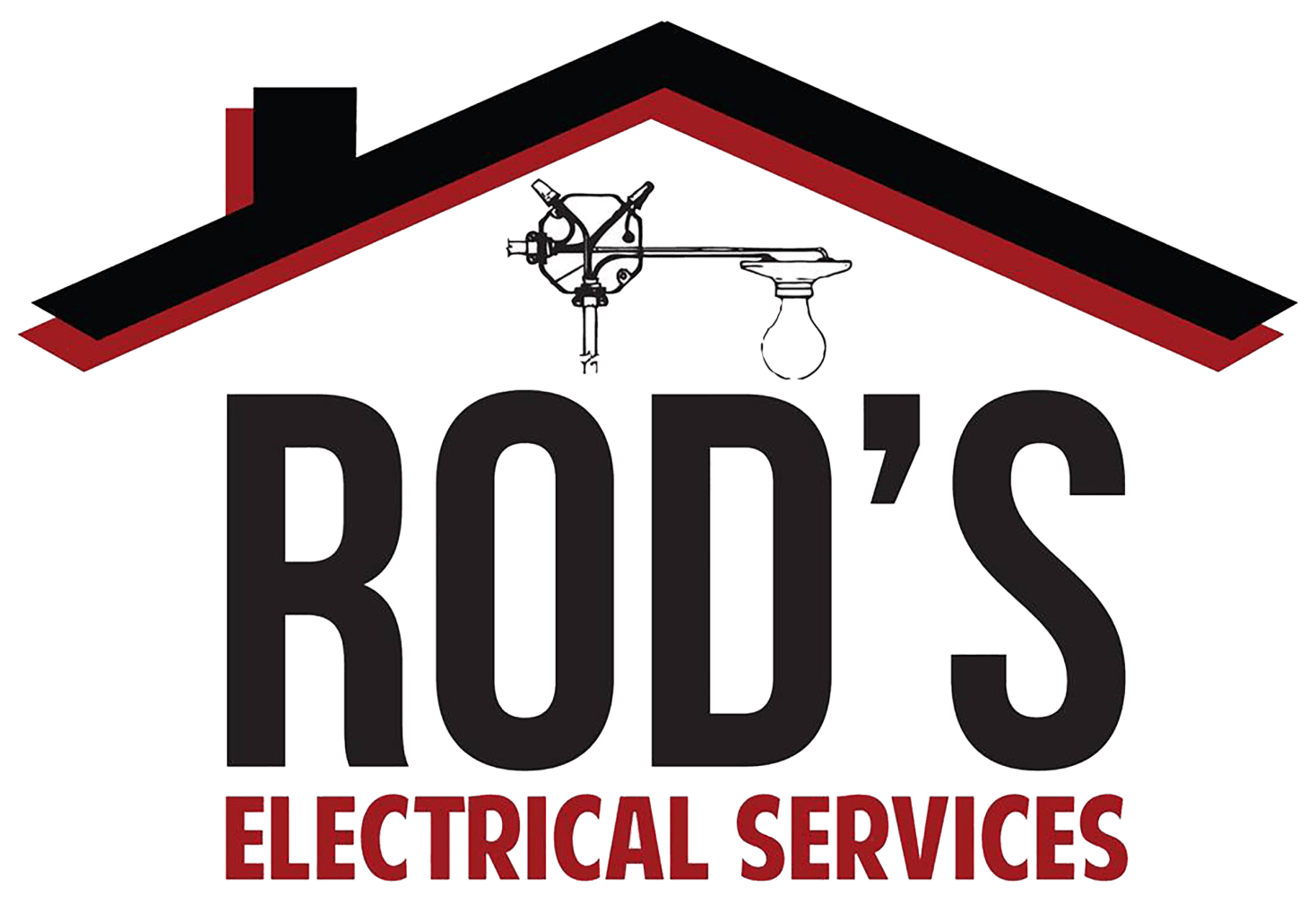Call Us Today! (601) 829-8118 | Brandon, MS 39047 USA | Info@rodselectricalservices.com
Frequently Asked Questions
-
What is a Ground Fault?
A ground fault can happen when a hot or active wire makes contact with the ground wire, grounded portion of the junction box, or a grounded area of an appliance. Hotwires are usually black, neutral wires are usually white, and ground wires are typically green. When contact is made between a hot and ground wire, large amounts of current go through the circuit breaker, which can cause it to trip.
-
What is a short circuit?
A short circuit happens when a hot or active electrical wire and a neutral wire touch, causing a large current to flow and overload the circuit. A short circuit should always cause a breaker to trip or a fuse to blow and may cause sparks, popping sounds, and possibly some smoke. Issues like loose connections, a slipped wire, or even damage caused by animals chewing on cables may also cause a short circuit.
-
What is a GFCI?
GFCI stands for Ground Fault Circuit Interrupter. These are also referred to as GFIs or Ground Fault Interrupters. A GFCI precisely monitors the balance of electrical current moving through a circuit. If an imbalance occurs, like in a short, the GFCI immediately cuts off the electricity. A GFCI prevents fatal electrical shocks through the elimination of sustained current draw when a short occurs.
-
Why does my breaker keeps tripping?
Common reasons for your circuit breaker tripping are either a circuit overload, short circuit, or a ground fault.
-
What is a AFCI?
An arc-fault circuit interrupter, also known as an arc-fault detection device, is a circuit breaker that breaks the circuit when it detects the electric arcs. Electric Arcs are a sign of loose connections in home wiring. Loose connections, which can develop over time, can sometimes become hot enough to ignite house fires.
-
Why is my light bulbs or light fixture making a buzzing or humming sound?
If you hear a strange sound coming from your bulbs or light fixture, like a buzzing or humming noise, that’s often a sign your ballast is going. It’s struggling to maintain the current and causing audible voltage regulation problems.
If your bulbs are very slow to reach full brightness or strobe periodically, there may be a problem beyond the bulb. Water-damaged or defective ballasts often struggle to regulate current.
-
Can I install a ceiling fan where a light fixture is?
It depends on the rating of the ceiling box.
-
What is a double neutral inside my panel?
It is when too many neutral wires are under one neutral bar screw inside the panel.
Hear What Our Customers Are Saying

★★★★★
We have Choice Home Warranty so we filed a claim for some light issues in our home. Rod's Electric was called out. *** was an outstanding choice. He was very prompt to initiate service and very quick to get the work done with speed and perfection. He is very personable and knows his craft. You cannot go wrong contacting and hiring him to service your electrical needs.
-angieb
Button
★★★★★
He was quick to call to help with my issue. He did a great job.
-Meredith M.
Button
★★★★★
I would like to mark every option of why I gave 5 stars. Rods timeliness, professionalism and problem resolution are fantastic. He goes above and beyond.
-Alison B.
Button
★★★★★
-Mecheri
Button-

★★★★★
Timeliness, professionalism, Problem resolution
-Gwen T.
Button 
★★★★★
Great job.
-Robert & Evelyn W.
Button
★★★★★
i wanted to mark all 3 above! Rod called within a very short time of my online initial AHS service request & arrived within the hour. He was very friendly, efficient & solved all my problems in record time.
This guy is an AAA+++ service tech! BEST service i've EVER had.
Kudos to AHS as well.
-Dennis R. S.
Button










